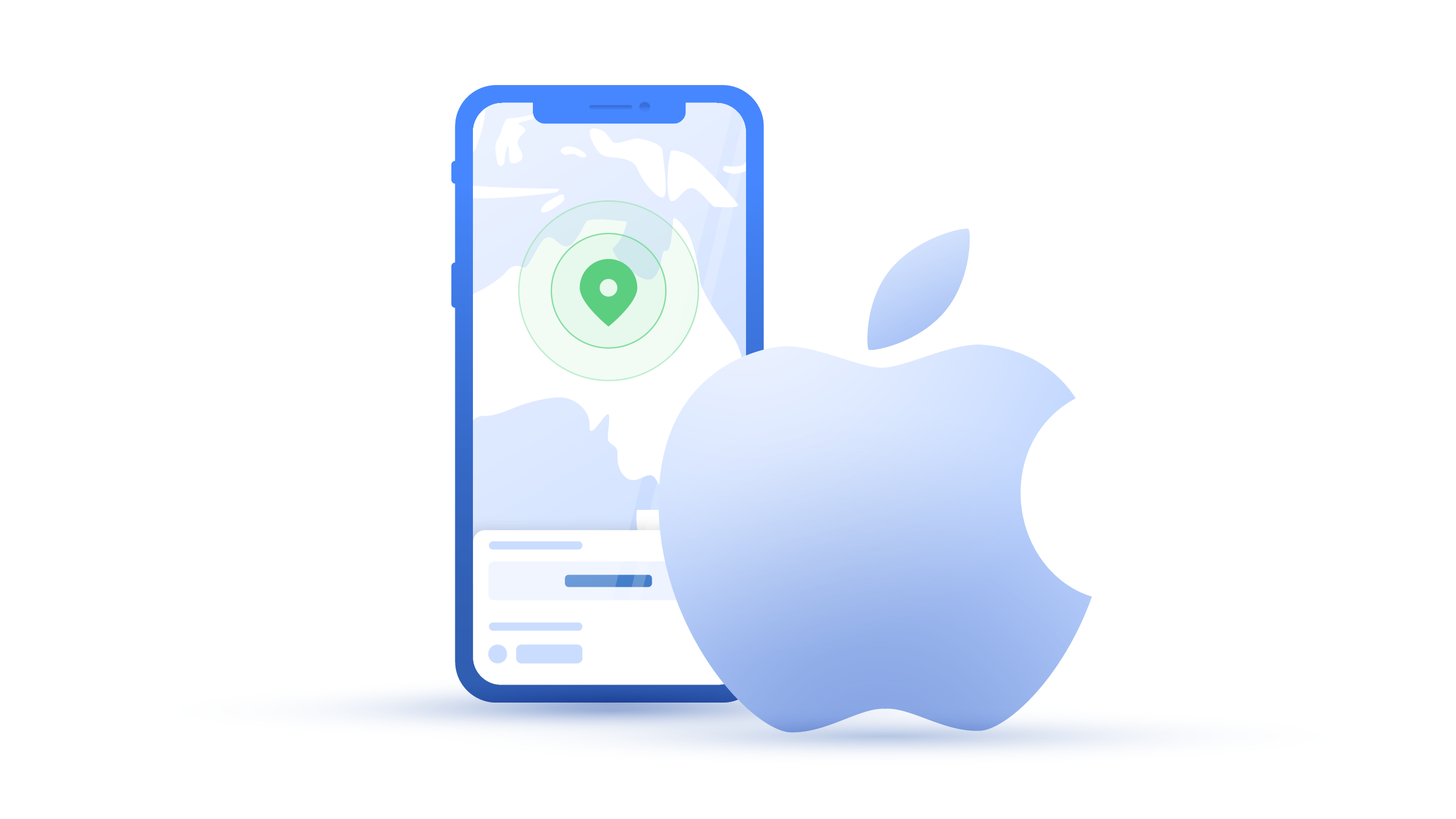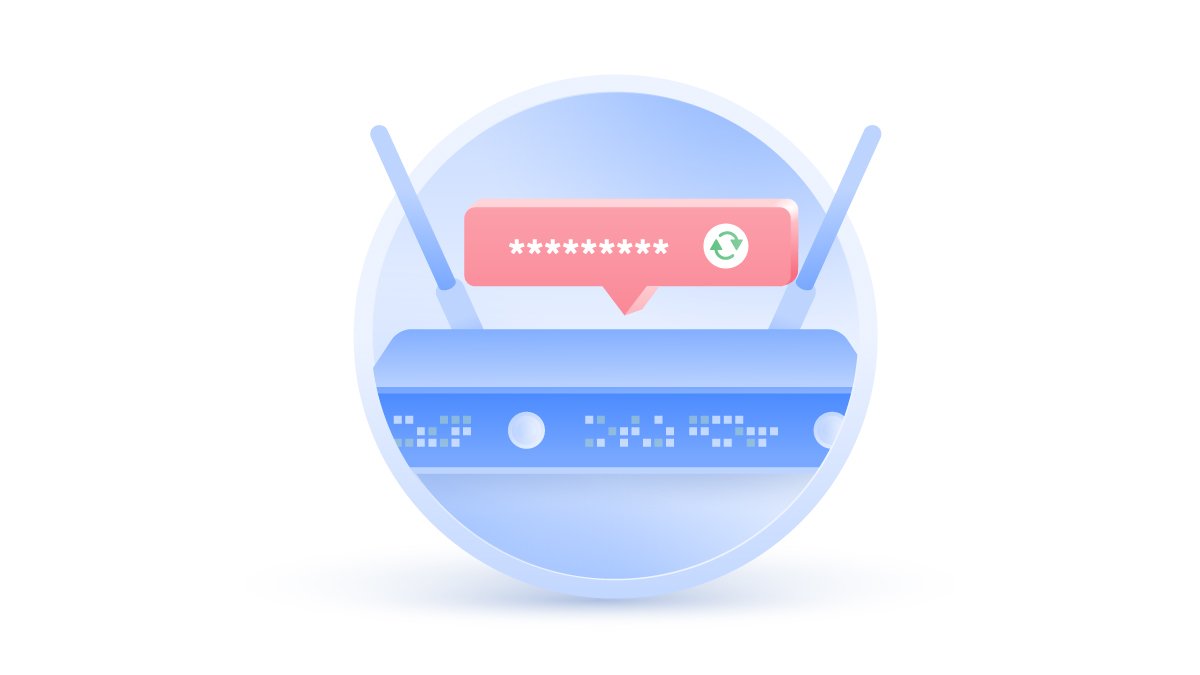How Belarusian protesters are fighting censorship
How can people communicate with the world when their own government doesn’t want them to? That’s the situation we’ve seen play out over the last week in Belarus when, in response to protests over a suspect election, the government began to censor and repress its citizens. Fortunately, they’re not being ignored.
Daniel Markuson
Aug 21, 2020 · 3 min read

The protests in Belarus
Since 1994, Belarus has been ruled by a single leader – President Alexander Lukashenko. He has enjoyed popularity in the past, but the country erupted in protests after the government published what many believe to be brazenly falsified election results.
The protests were met with violence. To shield its actions from scrutiny and condemnation, the government began to limit communications within and outside of the country. The hope was that this would prevent the opposition from organizing protests and the rest of the world from reacting to what was happening.
Reports indicate that the government censorship included:
- Blocking popular communication apps like Whatsapp;
- Blocking access to app stores where users might access anti-censorship tools;
- Blocking access to independent local and many international news sources;
- Periodically completely shutting down internet access;
We're seeing blocking & throttling of Twitter in #Belarus in reaction to protests contesting the election result. #KeepItOnInternet shutdowns are hugely harmful. They fundamentally violate basic human rights & the principles of the #OpenInternet.https://t.co/DN3pc4TkWC
— Twitter Public Policy (@Policy) August 10, 2020
Overcoming censorship
Fortunately, there are tools that allow the citizens of oppressive regimes to overcome censorship. Many reports from journalists covering the protests in Belarus have mentioned that they’ve needed to use these tools to report on what’s happening. Protesters are also using them to share first-hand footage of police brutality with the world.
Here are some free speech tools that can help in situations like this:
- Satellite links: Satellite internet access, while expensive and hardware-dependent, provides internet access independent of local providers. In Belarus, state-run telecom companies have occasionally cut off internet access entirely. In such cases, satellite users would remain unaffected.
- Alternative communication tools: In Belarus, like in many other censorship scenarios, the government has targeted some of the most popular communication platforms with blockages. Citizens can get creative, however, and send their content or organize protests using different apps that the government may not have anticipated.
VPNs: Virtual private networks, or VPNs, are designed for situations like this. By wrapping your online traffic in an encrypted tunnel, these apps prevent any intermediaries from seeing what you’re doing. Even if the government is blocking Facebook, they can’t block you from it if they don’t know you’re using it.
This is the first-hand account by one of the activists about the media situation there:
“It was under 10% until some people were mistaken by propaganda. The governmental TV still shows people fake news, while they see a real war from their windows. The internet is the only source of information for us, and everyone who can use it does so. Telegram app is the primary source we use to exchange news and messages, but even that does not work properly. As they block the internet, it is very slow and intermittent. Most people can only exchange text messages. Thanks to your VPN, my mother and I know what happens next to our house in Minsk. She cannot go out, but at least we can stay in touch.”
Indeed, interest in VPN apps in Belarus has skyrocketed in response to the government’s censorship measures.
We believe that unrestricted communication is a keystone of free speech. Restricting online communication is wrong, and citizens must always have the right to resist any such measures whenever they are implemented.



